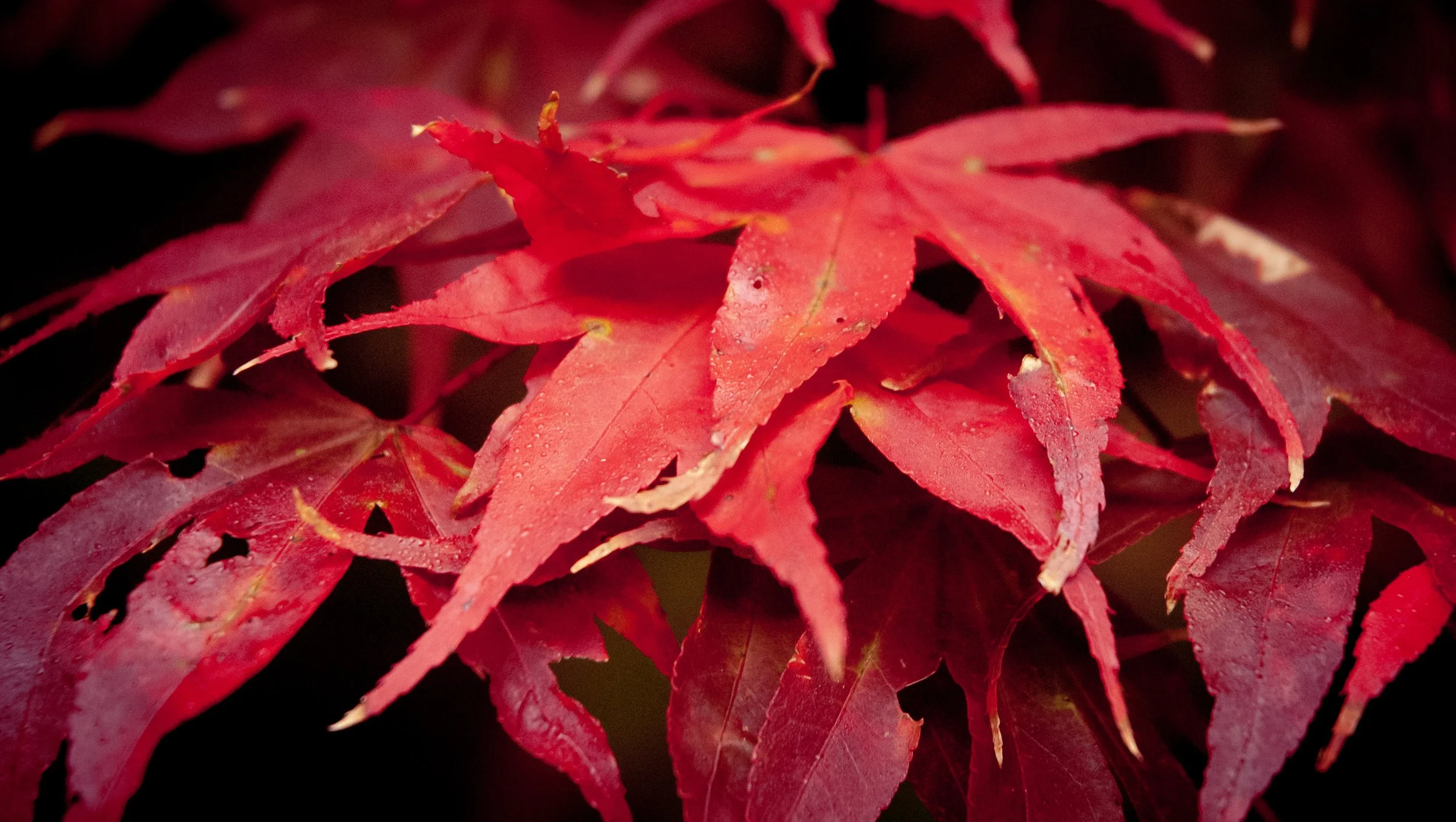Ethical
Plastic: Leica Q2
“Our very lives depend on the ethics of strangers, and most of us are always strangers to other people.”
The beautiful tragedy of decaying plastic haunts us.
This mass of weathered polythene crumbled in my fingers as I tried to gently extract it from its home among the leaves and compost of the woodland floor, shattering elegantly into tiny pieces that, in time, will become the microplastic fragments that pollute and damage all of our lives.
I have no idea of how long it will take for the fragments to be washed through the earth and into the stream that runs through the woods, but from there I can make a better guess of when it will flow into the river and make its sedate path towards the ocean. Then, once again, I will lose track; will this fragile, baby-blue plastic sink to the bottom of the sea or will it be eaten by fish whose fate is to be hoovered up and served back to me?
I don’t know who left plastic the woodlands, or why it was OK.
But somebody ought to do something about that.
And that somebody is me.
As I repeatedly walk my local landscape, circling within my lockdown constrained #1000Steps limit, I notice how I am feeling my way differently into the ecosystem that surrounds me. I am sensing a porosity; what is ‘out there’ is also ‘in me.’ When I pay deep attention, I realise my sense of reality shifts and in these moments I recall how a friend, who lived on the shores of Lake Eerie once announced; “I’m 70% lake water!”
Our environment runs through us and within her lifetime, the Great Lakes Basin has suffered serious, degradation and pollution and so, she too, now struggles with illness. It’s a fact of our lives that as much as our scientific insights and technologies attempt to insulate us from the consequences of our wider relationships, we can’t exist beyond the basic, fundamental connections to our ecology.
It’s clear that our frustrating inability to take constructive action, to clean up our lives, can’t be addressed from within the transactional, extractive assumptions of our contemporary society.
Thomas Berry, in ‘The Great Work,’ tells us that, “We find ourselves ethically destitute just when, for the first time, we are faced with ultimacy, the irreversible closing down of the Earth’s functioning in its major life systems.”
It seems that our ethical systems work reasonably well with issues that are ‘close in;’ they recognise the impacts of homicide, suicide, crime or corruption but fail us at the macro-level. We need an ethical consciousness that works on a global scale.
So, my visual inquiry into my immediate environment continues and I notice how, through ‘simply’ paying close attention, my sense of relationship to the land is changing. I feel more connected; the landscape reaches into me as I notice not only the plastic and other examples of disregard, but also realise that I’m caring, deeply, intimately about the woodlands and rural pathways that I walk. The litter won’t suddenly disappear, it is woven into the land, but I can choose to pick up a plastic bag or buy and consume more carefully, I can vote and I can take action against systems of exploitation and greed.
We won’t easily undo the damage of microplastics or any of the other indignities we have inflicted on our earth and all of the strangers who live alongside us.
But there is a fundamental beauty in finding that what is ‘out there’ is also ‘in here’ - and resides deeply within each all of us.
Let’s no longer live as strangers.
Notes:
The Great Work is a profound manifesto for ecologically orientated change in our world. Thomas Berry argues against our need for disruption and offers a more gentle, benign presence as the foundation of an ethical vision for our survival.
You might also like ‘Braiding Sweetgrass’ where Robin Wall Kimmerer brings an indigenous wisdom to her scientific knowing and shows us how reciprocity with the Earth, its plants and animals is the basis for life.
Over recent weeks, I’ve been inspired by conversations with James Aldridge and Katherine Semler as we’ve prepared a workshop at Ashridge for the EDOC program. Please take a look at Jame’s recent blog: Different Parts of the Same Whole.















